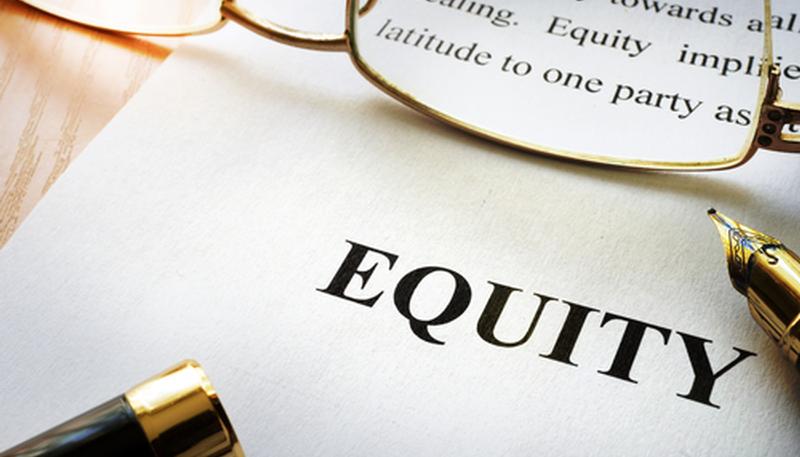
Global equities closed marginally higher amid a decline in trade and political risks and continued strength in corporate earnings. Having said that concerns over a higher interest rate trajectory did weigh on investor sentiment as yields on 10y US treasuries touched a four year high. The MSCI World index closed +0.5% higher on the back of strength in developed market and Middle Eastern equities. The MSCI Arabian Markets index added +2.3% 5d while the MSCI G7 index gained +0.6% 5d. Volatility dropped across the board with the VIX index, the V2X index and the CBOE EM ETF Volatility dropping -3.0% 5d, -10.0% 5d and -11.0% 5d respectively.
While most of immediate risks have faded away, they still remain on the horizon and investors would remain wary of the same. The focus would remain on the earnings season and commodity prices. A sustained increase in key commodities could drive up inflation expectations and open another source of uncertainty for financial markets.
With oil prices touching multi-year highs, it is interesting to see the trend of oil & gas stocks in different countries. While in the US and Europe, they are the best performing sector year to date, in other markets like India and China they are among the worst performing sectors. This is probably to do with the nature of businesses of these companies listed on various exchanges. High oil prices tend to lower the margins of companies relying on imports while similarly it benefits companies focusing on extraction of oil.
.jpg) Source: Bloomberg, Emirates NBD Research
Source: Bloomberg, Emirates NBD Research
It was a positive week of trading for MENA equities as geopolitical tensions over Syria eased, oil prices continued to gain and earnings season got off to a relatively positive start. The S&P Pan Arab Composite index added +3.6% 5d while Brent oil prices added +2.0% 5d.
The Tadawul ended the week with gains of +5.8% 5d. It was the largest weekly gain for the Tadawul since mid-June 2017. It appears that investors are positioning themselves for potential upgrade from the MSCI in June 2018. Gains were led by market heavyweight sectors with the Tadawul Banks index jumping +8.1% 5d and the Tadawul Materials index gaining +5.8% 5d. In continuation of trend seen in 2018, foreign investors were net buyers last week. They bought stocks worth USD 273mn last week to take their year to date inflows to USD 2.6bn.
UAE bourses closed mixed with the DFM index losing -0.4% 5d and the ADX index adding +1.2% 5d. Emaar Properties (-2.9% 5d) continues to remain under pressure as investors pared position ahead of the scheduled annual general meeting later today. The stock has now closed in negative territory for 11 out of last 13 trading weeks following a disappointing dividend payout. The other Emaar related names fared mixed. Emaar Development added +3.2% 5d while Emaar Malls lost -1.4% 5d.
Dubai Islamic Bank closed -0.4% 5d lower as the bank revealed further details of its proposed rights issue and reported earnings ahead of estimates. The bank said it aims to raise AED 5.12bn from rights issue by selling 1.647bn shares at AED 3.11 per share. This equates to a 45% discount to the record date price last week. The bank will issue 1 share for every 3 held and the subscription period will be from 23 May 2018 to 6 June 2018. Dubai Islamic Bank also announced Q1 2018 net profit of AED 1.17bn, beating consensus estimates of AED 1.14bn by 2.6%.
Developed market equities closed higher as investors’ turned their focus on earnings following a relative de-escalation in trade risks and geopolitical tensions in the Middle East and Asia. Having said that gains were limited as earnings season in Europe remained mixed and technology shares suffered from renewed sell-off. The sharp rise in commodity prices led to a boost in inflation expectations and bought to fore the risks of a higher interest rate trajectory. The 10y UST yields jumped 14bps to close at 2.96%, its highest level since start of 2014. The S&P 500 index, the Euro Stoxx 600 index and the Nikkei index ended the week with gains of +0.5% 5d, +0.7% and +1.8% 5d respectively.
The earnings season in the US got off to a robust start. With 17% of companies in the S&P 500 index having reported earnings, 80% of those companies reported a positive EPS surprise and 72% of those companies reported a positive sales surprise. According to FactSet, the aggregate earnings growth was 17.1%.
Emerging market equities underperformed wider equity markets with the MSCI EM index losing -0.2% 5d compared to a gain of +0.5% 5d in the MSCI World index. Turkey’s Borsa Istanbul 100 index added +1.2% 5d after President Tayyip Erdogan called snap elections in June 2018. The elections were earlier scheduled for November 2019.